DeepMind CEO Demis Hassabis says artificial intelligence could end disease and create “radical abundance.” In an exclusive conversation, he reveals how AGI, robotics, and protein breakthroughs are reshaping humanity’s future.
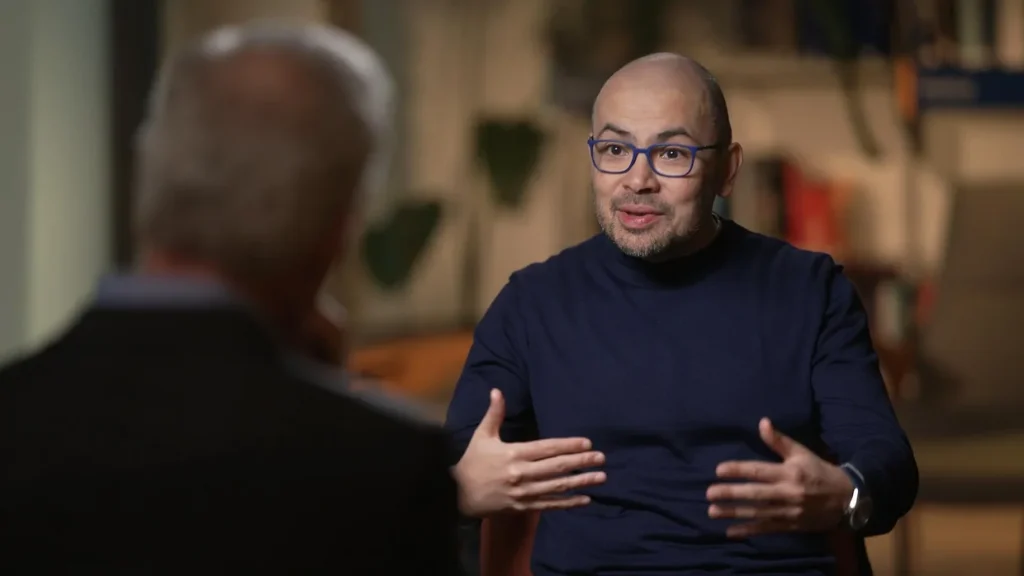
From Chessboard to Silicon Revolution
Demis Hassabis didn’t just win the Nobel Prize—he’s shaping the destiny of our species. The co-founder and CEO of Google DeepMind, Hassabis believes artificial intelligence could end disease, redefine science, and trigger a “radical abundance” never before imagined.
A child chess prodigy turned AI pioneer, Hassabis now leads the charge toward Artificial General Intelligence (AGI)—a system as flexible as the human brain, but faster, smarter, and tireless.
The AI Race: Faster Than Imagination
When asked if AI is advancing faster than expected, Hassabis responded with certainty: “It’s moving exponentially.” With massive global investments, the field has skyrocketed. The pace is no longer linear—it’s vertical.
And DeepMind is at the helm.
Astra and the Rise of Perceptive Machines
One of DeepMind’s latest marvels is Project Astra. Unlike early chatbots, Astra “sees” the world and interprets reality in real time. Show it a painting, and it gives not just the title—but the emotion, the context, even a story.
Astra, Hassabis says, is just the beginning. The vision? AI embedded into daily life—glasses that see for you, systems that reason, machines that think.
Protein Structures to Drug Discovery
The breakthrough that earned Hassabis a Nobel Prize involved decoding protein structures. Mapping 200 million in just a year, DeepMind’s AI achieved in months what used to take decades.
This leap means that drug development timelines could shrink from a decade to mere weeks. That’s why Hassabis insists:
“Artificial intelligence could end disease—perhaps within the next ten years.”
Risks on the Road to Radical Abundance
But with immense power comes risk. Hassabis is vocal about the dangers:
- Bad actors repurposing AI for harm
- Autonomous systems exceeding human control
His warning is sobering: the race for AI dominance could become a race to the bottom for safety. Without guardrails, intelligence could outpace ethics.
Consciousness and the Final Frontier
While DeepMind isn’t explicitly building self-aware machines, Hassabis admits the possibility is real.
He compares silicon systems to human minds, noting that self-awareness might emerge—even if we don’t recognize it.
These machines won’t just think—they may one day feel. Or mimic it so perfectly, we can’t tell the difference.
A New Era Beckons
Demis Hassabis envisions an age of radical progress—where scarcity is eliminated, disease is defeated, and machines become collaborators in solving humanity’s deepest problems.
Yes, artificial intelligence could end disease. But it may also redefine what it means to be human.
The tools are built. The future is unwritten. And the game? It’s just begun.

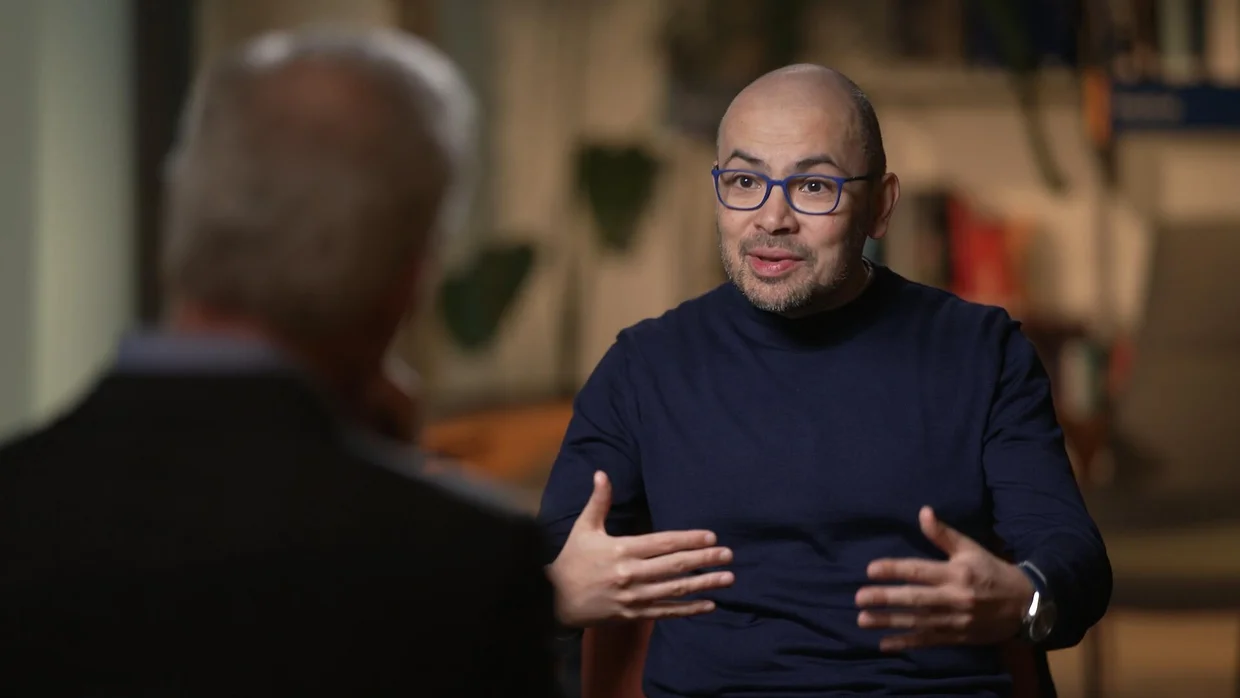

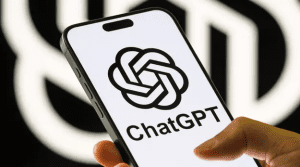


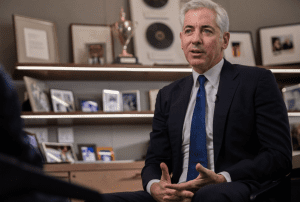



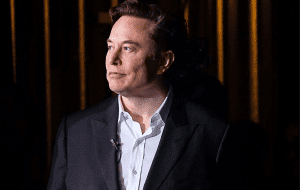







Comments are closed.